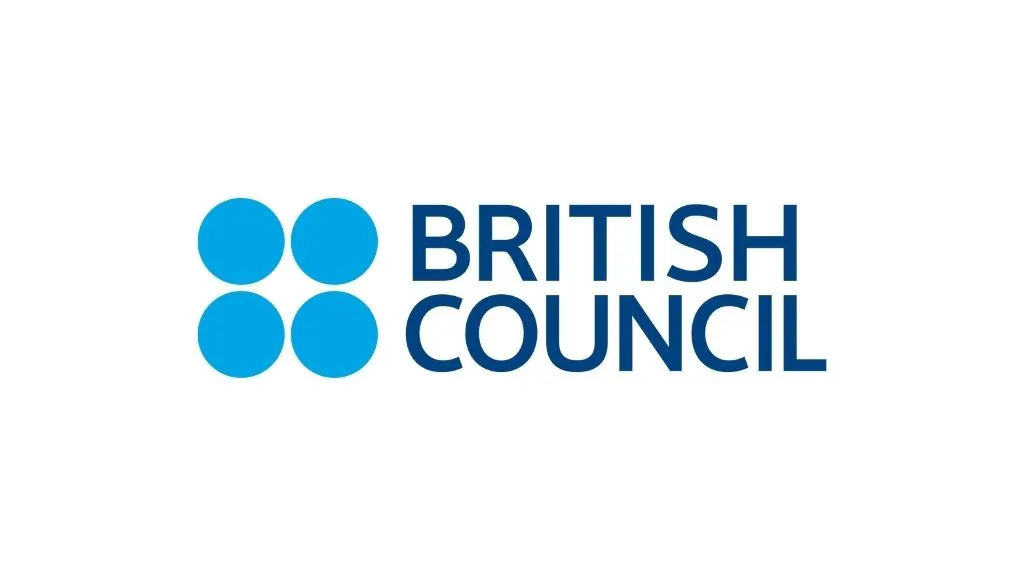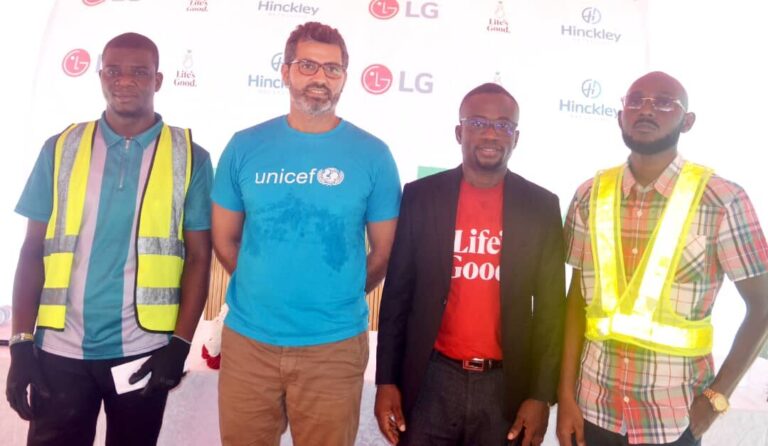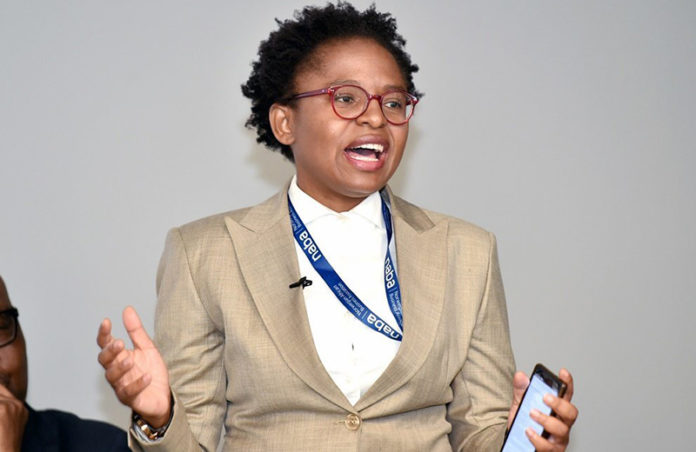British Council, Microsoft Announce an e-Learning Initiative for Young Business Owners

The British Council and Microsoft have established an e-learning program to help young entrepreneurs shape their futures and take control of their livelihoods.
#BossupInAfrica, a program for young people aged 18 to 25, was created in 2021 to assist them scale up their talents. The curriculum is divided into three modules, each featuring a variety of courses to assist entrepreneurs with various aspects of their businesses.
For the next three years, the British Council will provide technical assistance and access to Microsoft digital skills training through the Microsoft Community Training platform. Microsoft Community Training is an online platform that allows you to study with videos and quizzes even while you’re offline or on a low-bandwidth connection. It also includes an Android app that you can download from the Playstore.
Each site may be customized and branded to meet the needs of the organization, and learners can connect and communicate with peers and experts while accessing course content for social learning.
Young Kenyan entrepreneurs in the creative and arts industries, including as fashion, music, cinema, and photography, have the opportunity to expand their knowledge and business abilities in order to help their creative economies thrive.
The Creative Economy E-Learning initiative offers a variety of free courses to help the next generation of African leaders succeed in their careers.
The program was created to complement the British Council’s larger Creative Economy initiative, which aims to build capacity in young people through learning, networking, and other resources to help them establish or grow their creative and social companies. It is also designed to strengthen relationships between the UK and countries in Sub-Saharan Africa.
The program comes in three modules that include: Creative Entrepreneurship, which features introductory courses for aspiring young entrepreneurs as well as intermediary ones for early-stage entrepreneurs which will teach them about growth strategies for creative enterprises and finance management.
The program’s second module, “Social Impact through Creative Entrepreneurship,” is the program’s second offering. It will teach participants about the impact of entrepreneurship, social innovation, and the aspects to consider when pivoting businesses to achieve social impact. The Creative Economy Policy and related policy themes are covered in the third and final module.
Participants in this program will receive ongoing support in the form of mentoring, coaching, incubation, and acceleration.
“The creative economy has the potential to provide livelihoods for Kenyan entrepreneurs, whether you wish to preserve and protect your cultural legacy or generate new cultural expressions,” Sandra Chege, British Council Head of Arts, Kenya, says. The creative economy e-learning program is the place to start if you’ve ever wondered where to begin your entrepreneurial adventure. You can get the skills and knowledge that will help you make educated decisions that will define your future by taking a variety of free courses ranging from how to bring your idea to life to modules on marketing and pitching your business.”







